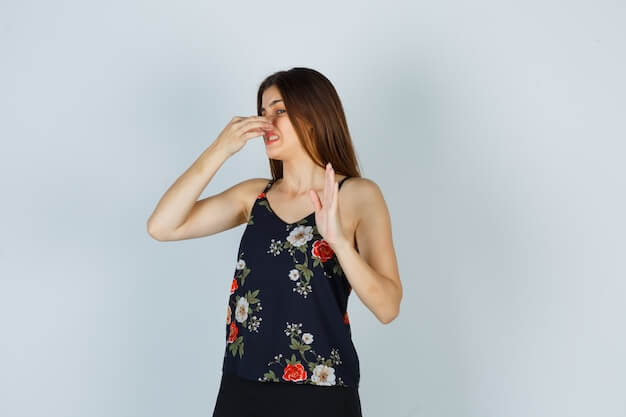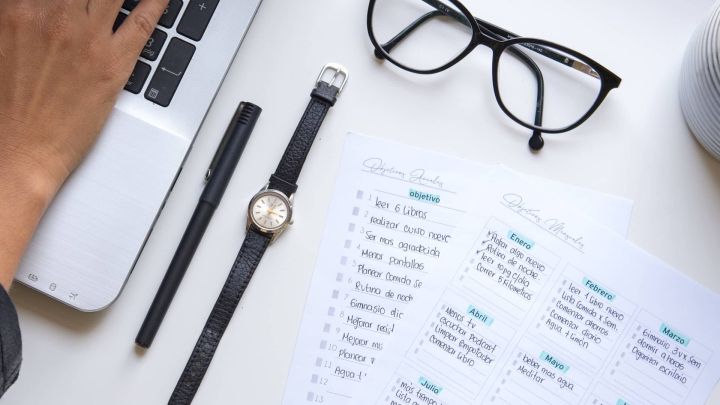Disease
Don't treat allergic rhinitis as a cold
In clinical practice, patients often say that they often catch a cold. Sometimes they catch a cold several times a day. They often take some cold medicine, sometimes it is easy to use, sometimes it is useless, and they are very distressed. I learned through careful inquiry that in fact, he had allergic rhinitis, not a cold. Now, let's introduce the difference between cold and rhinitis, so that patients can have a clear understanding of it, and don't miss the treatment.

In clinical practice, patients often say that they often catch a cold. Sometimes they catch a cold several times a day. They often take some cold medicine, sometimes it is easy to use, sometimes it is useless, and they are very distressed. I learned through careful inquiry that in fact, he had allergic rhinitis, not a cold. Now, let's introduce the difference between cold and rhinitis, so that patients can have a clear understanding of it, and don't miss the treatment.

Cold is the name of traditional Chinese medicine, which is equivalent to the acute upper respiratory tract infection in modern medicine. Most of it is viral infection, with symptoms of runny nose, sneezing, headache, sore throat, and even general pain, aversion to cold, and fever. And allergic rhinitis, there is also runny nose, sneezing, and even throat discomfort, or headache. So, how to distinguish between a cold and allergic rhinitis?
First of all, let's talk about the symptoms of a cold. The runny nose and sneezing of a cold are relatively mild and persistent. More generally, the nasal symptoms of a cold are gradually aggravated, and there is no obvious remission period in the middle (generally 24 hours a day). The runny nose can be few or many (catarrhal, often associated with measles and other highly infectious viral infections), and sneezing is generally few, Generally, there are no more than three sneezes (only an approximate number) at a time, and most of them are accompanied by aversion to cold, discomfort, headache, sore throat and other symptoms. Let's talk about the symptoms of allergic rhinitis. The runny nose of allergic rhinitis and sneezing are relatively strong and short, just like the thunder shower in summer. It comes violently and goes cleanly. At first, the nose suddenly itches, then sneezes repeatedly, and then the nasal mucus is continuous. It usually lasts for half an hour to five or six hours, which is good. Even some noses have nothing to do, just like normal ones, However, when encountering some pungent smells, it is the same as the previous symptoms. Therefore, some patients say that they have colds several times a day.
Therefore, when you have the symptoms of runny nose and sneezing, you must not abuse cold medicine on your own initiative, and you should treat it symptomatically according to your illness.
-
![]()
![]() DiseaseDec 24, 2024
DiseaseDec 24, 2024How Can a Baby Have "Pimples" On His Face When He Is So Young?
-
![]()
![]() DiseaseDec 23, 2024
DiseaseDec 23, 2024Prevention of cardiovascular disease is more important than treatment
-
![]()
![]() DiseaseDec 22, 2024
DiseaseDec 22, 2024What Do I Need To Do To Check Myself For Nasopharyngeal Carcinoma? What Tests Are Needed To Confirm The Diagnosis Of Nasopharyngeal Carcinoma?
-
![]()
![]() DiseaseDec 21, 2024
DiseaseDec 21, 2024What Causes Oesophageal Cancer? What Symptoms Can Esophageal Cancer Cause In The Body?
-
![]()
![]() DiseaseDec 20, 2024
DiseaseDec 20, 2024Uremia Is Most Likely To Be "Dragged Out", The Body Appears 3 "Abnormal", Check As Soon As Possible




